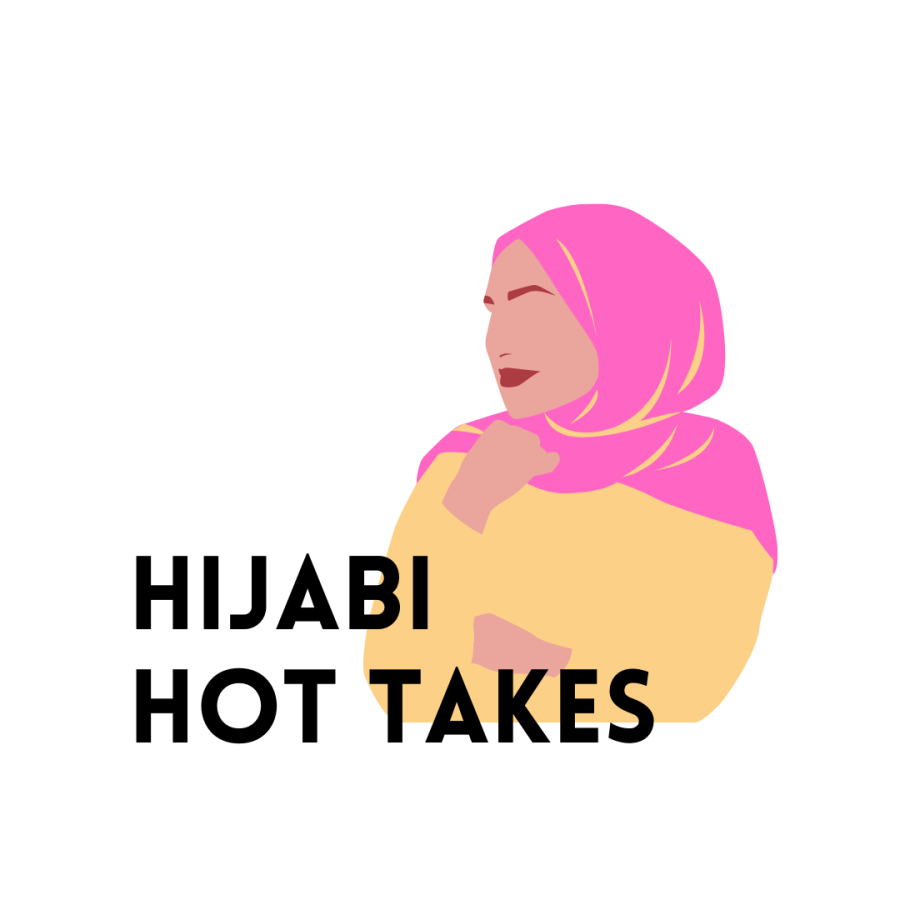Hijabi Hot Takes: Pumpkin spice hate is misogynistic
November 17, 2022
Pumpkin spice, the magical mix of cinnamon, nutmeg, ginger, allspice and cloves is a staple of fall culture in the U.S. The most notable seller of pumpkin spice is Starbucks. Starbucks launched their highly popular pumpkin spice latte, coined the PSL, in 2003.
The popularity of pumpkin spice certainly did not begin with Starbucks, but can be dated back to 1934 with McCormick’s launch of the “pumpkin pie spice.” Of course, the spices that make up pumpkin spice have been used for centuries, but McCormick’s pumpkin pie spice was the first product to group the spices together and name them pumpkin spice. Since then, pumpkin spice has flourished and taken over almost every corner of the market during the fall season. If pumpkin spice has been around for all these years, why does it feel like society is ostracizing anyone who expresses joy in its flavor?
We’ve all heard of the “basic” girl stereotype, even wikiHow has a “How to Tell if a Girl Is Basic” guide. Apparently, a basic girl takes selfies, is on social media, enjoys popular music, wears oversized sweaters, leggings and UGGs, and of course, loves herself a pumpkin spice latte from Starbucks. Poking fun at girls who fit the basic girl stereotype is a trend that comes back every year, right around the time Starbucks launches the PSL.
Girls participating in any aspect of popular culture immediately brand that trend as basic. Society condemns girls who show any interest in feminine things. When young girls began popularizing certain artists such as One Direction or Justin Bieber, the quality of their music was branded as feminine and subsequently considered subpar or basic and never taken seriously. The same pattern continues with the condemnation of things like makeup, the color pink and fruity drinks. Society does not hate these things because they are bad, they hate them because they are associated with femininity.
Media has taken society’s hate for basic girls and run with it, especially in romantic comedies. The girl who doesn’t wear makeup and hates PSLs is seen as refreshing. By the end, she scores the guy and lives happily ever after.
Hating basic girls isn’t a concept only pushed forth by men; women also further the stereotype and internalize the misogyny that comes with it. For example, in Taylor Swift’s 2008 hit “You Belong With Me,” she compares herself to her crush’s girlfriend, who is a cheer captain that wears short skirts and high heels. Her crush’s girlfriend sounds like she would enjoy a pumpkin spice latte as well. Condemning her because she likes seemingly girly things feeds into the idea that those girls are less deserving of love or respect. That separation between basic, girly-girls and girls who try their hardest to not be like them is just another way to put women down and pit them against one another.
Women should be able to enjoy things without being ridiculed and the things they enjoy shouldn’t be less worthy of praise.
If someone doesn’t enjoy a pumpkin spice latte, it doesn’t mean they are misogynistic. However, if someone finds themselves avoiding pumpkin spice lattes because of their popularity and association with femininity, then maybe they don’t hate pumpkin spice, just women.










